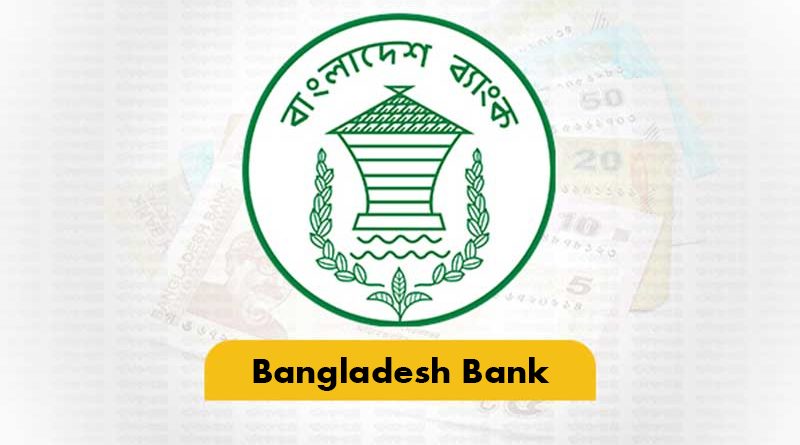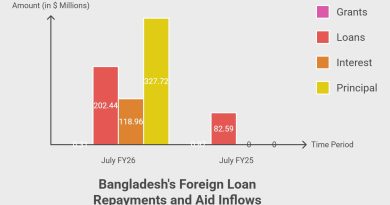Bangladesh Bank’s decision to ease repayment terms for struggling businesses has drawn criticism from local bankers and a warning from Moody’s Investors Service that the policy could undermine financial sector stability.
Introduced in January, the scheme allows distressed borrowers to reschedule loans over 10 to 15 years with grace periods of up to two years and down payments as low as 1% to 2%. More than 1,250 applications have been submitted, with nearly 300 firms already approved, according to the central bank.
Bankers say the policy ties up capital and squeezes liquidity. Syed Mahbubur Rahman, managing director of Mutual Trust Bank, said the measure has created pressure even among regular borrowers. “Because of this policy support from Bangladesh Bank, even our regular customers are now coming to seek the same benefit,” he said. “They are saying, if those who don’t repay get facilities, then why shouldn’t we? As a result, we are facing difficulties. Our investments are being locked up for the long term.”
Some lenders have alleged that approvals are influenced by political connections. Bangladesh Bank spokesperson Arief Hossain Khan rejected the claim, saying the support is targeted at businesses hit by the pandemic, the war in Ukraine and other global shocks.
Moody’s described the programme as “credit negative for banks,” warning it masks the true level of stressed assets. The agency said similar measures in 2022 led to a surge in restructured loans without meaningful repayment, adding that the two-year moratorium delays any test of borrowers’ repayment ability and could suppress reported non-performing loan ratios.
Under the scheme, banks can approve rescheduling at the board level for loans under 30 billion taka, with lower provisioning requirements. Analysts say that may temporarily boost profits but encourage dividend payouts and capital outflows at a time when lenders need to conserve capital.
“The clash over loan rescheduling highlights Bangladesh’s financial dilemma: providing relief to distressed borrowers now at the risk of weakening stability later,” Moody’s said.






